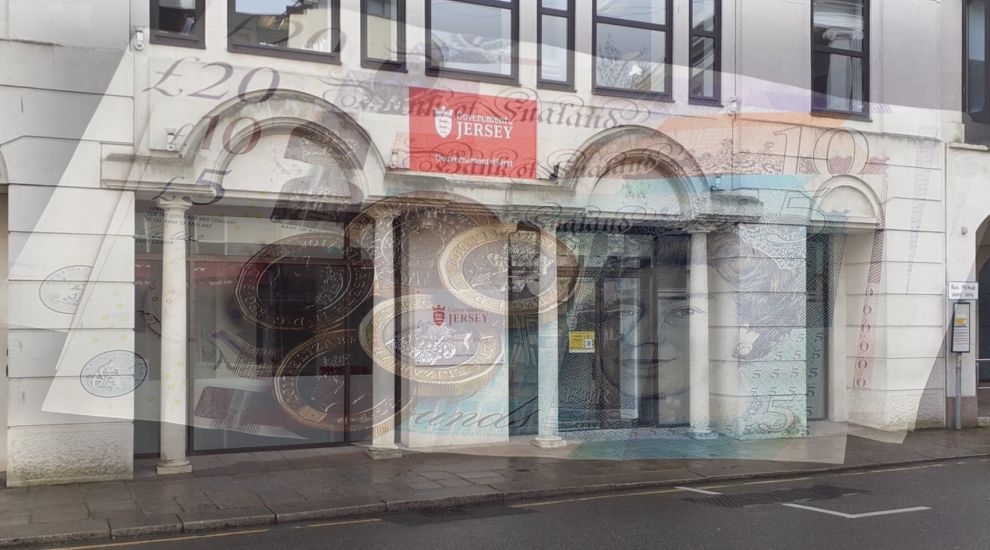


Three Chief Executives of Jersey’s government, in the space of a decade, have ‘stepped down’ before completing a programme for government reform.
Mr Parker is not the first of them to receive a payoff of half a million pounds.
The States Members on the States Employment Board (SEB) are relatively HR illiterate. Acting separately from the Council of Ministers, the SEB has a ‘Non-executive Director and Advisor’, with a public sector HR background, who presumably advises how things are done in the civil service. Did she question the objectivity of the Chief Executive’s performance appraisal, like the Bailiwick Express did back in 2018? Or the adequacy of his KPIs?
Jersey’s Comptroller & Auditor General (C&AG) called government’s HR arrangements ‘not fit for purpose’ the following year. Acknowledging ‘significant public interest’ in the remuneration of senior staff, she expressed concerns about the SEB’s ‘unnecessary secrecy’.
What improvement have we seen? Parts of the former Chief Executive’s employment contract remain undisclosed. So do the minutes of the SEB meeting retrospectively approving his non-executive directorship (only for concerns over the conduct of the Chief Executive to blow up in the Chief Minister’s face).
Other government minutes remain in darkness, yet to be burrowed out by Freedom of Information Law requests. States Members approved the content of the Law. Relying on one of its exemptions, government is avoiding disclosure of the record of another controversial decision. ‘Our Hospital Political Oversight Group Board’ approved a questionable site for a questionable hospital project at an eyewatering cost. The reasons given are unconvincing. The Deputy Chief Minister (who heads the Board) has publicly expressed his enthusiasm for having hemp grown at the rejected Warwick Farm site.
And government’s reason for not publishing minutes of the relevant Board meeting? Ministers need ‘a safe space’ for discussion.
Safe from what? The scrutiny of the public who are funding this magical rabbit hole? The size of this Island makes public scrutiny unavoidable. ‘Unnecessary secrecy’ does not win the public’s trust. Nor does it serves Jersey’s international reputation as an offshore finance centre.
Aside from the Chief Minister, half of the interview panel for the next Chief Executive, formed from the Jersey Appointments Commission (JAC), have a UK public sector background. How much influence will panel members with a background in the local finance industry, have? Is there a chance of the panel considering a candidate for the next Chief Executive who is not another civil servant…like a military man or someone with a sophisticated tech industry background?
A senior HR professional in the government’s civil service provides the JAC with support in overseeing government’s HR activities, although the C&AG has expressed concern this creates a conflict of interest. Government’s Group Director of People and Corporate Services told the States Assembly’s Corporate Scrutiny panel he "took the brief from the Chief Executive and the SEB on to the job profile." In addition to his role in the recruiting process, he has a role in processing the job applications too. "We will be looking at candidates’ technical skills," he said, and "from there, we will hone in and start to work on organisational fit."
Do Islanders want the next Chief Executive to ‘fit’ into a system which some believe has proved shambolic in organisation and process, riddled with conflicts of interest and lacking in transparency? What if they preferred him not to fit, to maximise his objectivity? How would people in government feel about that?
The C&AG reportedly has said, "The tone of an organisation comes from the top. You have to focus on the individuals who receive services and not on your own organisation." In other words, the public of Jersey, who pay for government, should be the driver here.
Some Islanders blame the finance industry for social problems the government’s welfare programmes have failed to solve. Yet the finance industry has been a major provider of government funding and the largest employer of Islanders outside government. How many taxpaying finance professionals wish public money to keep being squandered on reports that go nowhere, salaries that are not linked to performance targets and eye-watering employment settlements?
There are professional standards many Islanders outside government expect to be the norm. A week ago, to protect financial investors, the Jersey Financial Services Commission barred employment of an individual who had shown a ‘lack of integrity’ and ‘a persistent lack of transparency’. He had been providing ‘false and misleading information’ and failed to declare conflicts of interest (‘in particular, friendships with clients’). Why shouldn’t Islanders be likewise protected from similar behaviour from civil servants… and the States Members who are supposed to provide political leadership?
While government aspires to look for someone who ‘understands… and gets the context of the Island’, it will be offering a poisoned chalice. Which local hero wants the job of consolidating something described as ‘progress’ on projects such as ‘OneGov, the hospital, the new model of care, education reform’?
Had Islanders written the job description for the next Chief Executive, it might have included:
But, in order to deliver, the successful candidate would need similar political leadership. The rot won’t stop without breaking the mould.
(The views expressed in this article are those of Moz Scott, and not necessarily shared by any organisation she is associated with.)
Comments
Comments on this story express the views of the commentator only, not Bailiwick Publishing. We are unable to guarantee the accuracy of any of those comments.